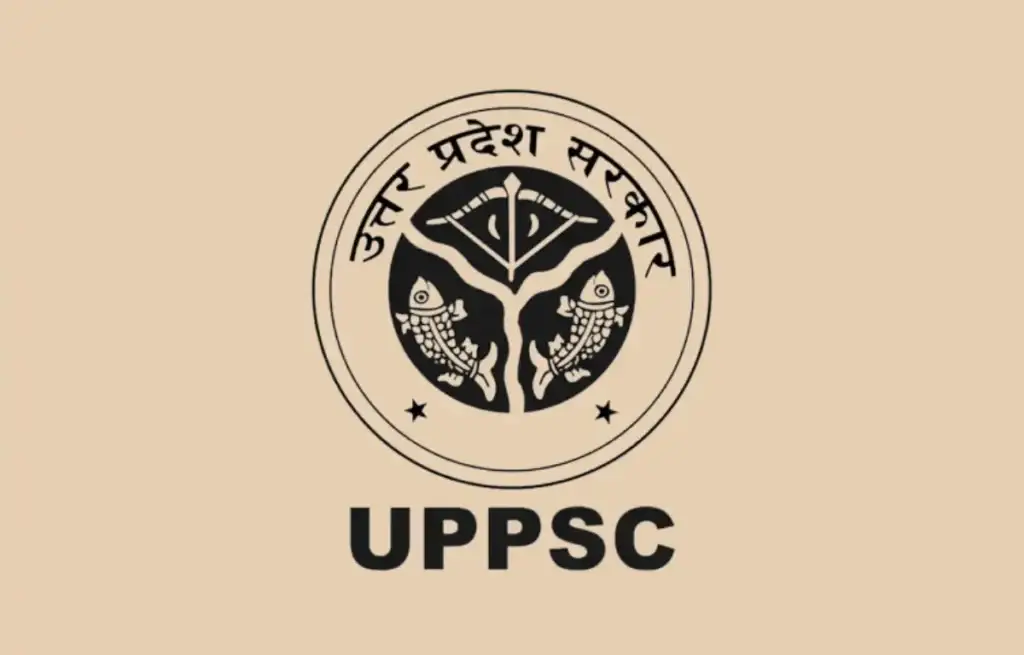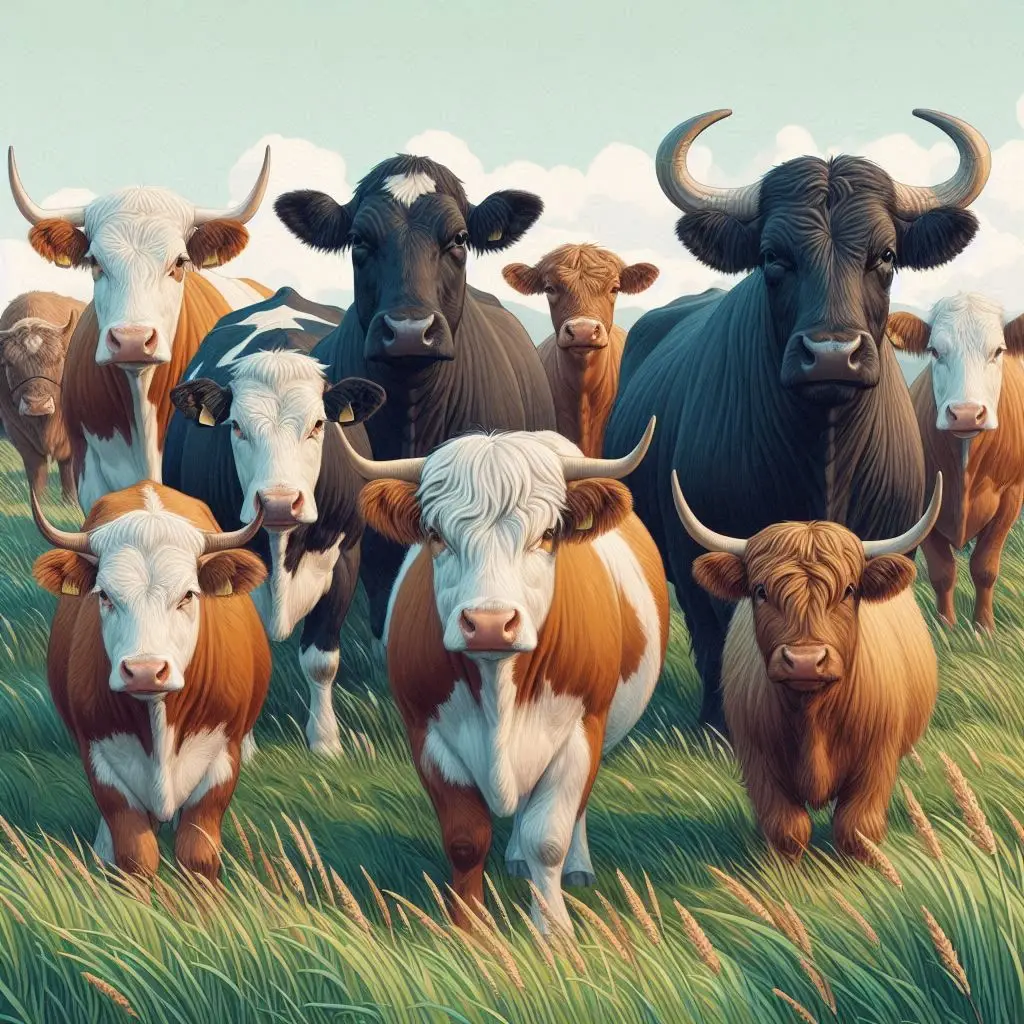UPSC Veterinary Officer Recruitment

UPSC Veterinary Officer Recruitment: Everything You Need to Know
Are you a qualified veterinarian looking for a challenging and rewarding career in the government sector? The Union Public Service Commission (UPSC) regularly conducts recruitment for the post of Veterinary Officer in various central government departments and organisations. In this comprehensive guide, we’ll cover all the essential details about the UPSC Veterinary Officer recruitment process, eligibility criteria, job profile, and more.
What is a Veterinary Officer?
A Veterinary Officer is a qualified veterinarian employed by the government to provide veterinary services, ensure animal health and welfare, and implement animal husbandry programs. They play a crucial role in maintaining the health and productivity of livestock, controlling the spread of zoonotic diseases, and promoting public health[5].
UPSC Veterinary Officer Recruitment
The UPSC conducts the Veterinary Officer recruitment as part of its Combined Geo-Scientist and Geologist Examination. The examination is typically held once a year, and the number of vacancies varies based on the requirements of the participating departments and organizations.
Eligibility Criteria
To be eligible for the UPSC Veterinary Officer recruitment, candidates must fulfill the following criteria:
- Educational Qualification: Candidates must possess a recognized veterinary qualification included in the First Schedule or Second Schedule of the Indian Veterinary Council Act, 1984 (52 of 1984). They should also be registered with a State Veterinary Council or the Indian Veterinary Council.
- Age Limit: The age limit for the UPSC Veterinary Officer recruitment is 35 years as on the normal closing date. However, there is age relaxation for certain categories:
- Up to 5 years for SC/ST candidates
- Up to 3 years for OBC candidates
- Up to 5 years for Central/UT Government Servants
- Age relaxation is also applicable to other categories as per the government rules[3].
Selection Process
The UPSC Veterinary Officer recruitment involves a rigorous selection process consisting of a written examination and an interview:
- Preliminary Examination: The preliminary exam is a screening test consisting of objective-type questions on various subjects, including Animal Husbandry and Veterinary Science. Candidates who qualify in the preliminary exam are eligible to appear for the main examination.
- Main Examination: The main exam is a written test comprising papers on Animal Husbandry and Veterinary Science, General Studies, and an optional subject chosen by the candidate. The exam tests the candidate’s knowledge, analytical abilities, and problem-solving skills.
- Interview: Candidates who qualify in the main examination are called for an interview, which assesses their personality, communication skills, and overall suitability for the post.
The final merit list is prepared based on the candidate’s performance in the main examination and interview.
Salary and Benefits
The UPSC Veterinary Officer post carries an attractive salary and benefits package. The key highlights are:
- Pay Scale: Pay Band-3 (Rs. 15,600-39,100) plus Grade Pay Rs. 5400/- plus Non-Practicing Allowance (NPA) as per pre-revised scales.
- Allowances: Veterinary Officers are entitled to various allowances such as Dearness Allowance, House Rent Allowance, and Transport Allowance, as per government rules.
- Career Progression: The post offers excellent career growth prospects, with opportunities for promotion to higher grades based on seniority and performance.
- Other Benefits: Veterinary Officers are eligible for other benefits such as medical facilities, leave travel concession, and retirement benefits as per government rules.
Job Profile of a Veterinary Officer
The duties and responsibilities of a Veterinary Officer are diverse and challenging. Some of the key aspects of the job profile are:
- Animal Health Care: Veterinary Officers provide preventive, curative, and rehabilitative health care services for livestock, poultry, and other animals. They diagnose and treat diseases, perform surgeries, and prescribe medications.
- Livestock Development: They implement various livestock development programs such as artificial insemination, breed improvement, and fodder development to enhance the productivity and quality of livestock.
- Disease Control: Veterinary Officers play a vital role in controlling the spread of zoonotic diseases through vaccination, quarantine, and other disease control measures. They also investigate disease outbreaks and implement necessary control measures.
- Extension Services: They provide technical guidance and advice to farmers, animal owners, and the general public on various aspects of animal husbandry, including feeding, breeding, housing, and disease management.
- Regulatory Functions: Veterinary Officers enforce various animal health and welfare regulations, issue health certificates, and perform veterolegal investigations in case of animal cruelty or fraudulent practices.
- Research and Development: They contribute to research activities related to animal health, production, and welfare, and help in developing new technologies and interventions for the betterment of the livestock sector.
Preparing for the UPSC Veterinary Officer Recruitment
Cracking the UPSC Veterinary Officer recruitment requires dedicated preparation and a well-planned strategy. Here are some tips to help you prepare effectively:
- Understand the Syllabus: Thoroughly study the syllabus for the preliminary and main examinations, and identify the important topics and sub-topics.
- Read Standard Textbooks: Refer to standard textbooks on Animal Husbandry and Veterinary Science to build a strong foundation in the subject.
- Stay Updated: Keep yourself updated with the latest developments in the field of veterinary science, animal husbandry, and related government policies and programs.
- Solve Previous Year Papers: Practice solving previous year question papers to get a feel of the exam pattern, difficulty level, and time management.
- Enhance Your General Knowledge: Work on improving your general knowledge and awareness of current affairs, as it is an essential component of the UPSC examinations.
- Develop Writing Skills: The main examination involves descriptive questions, so it’s crucial to develop good writing skills and the ability to present your thoughts coherently.
- Take Mock Tests: Regularly take mock tests to assess your preparation level, identify weak areas, and work on improvement.
- Seek Guidance: If needed, consider joining a coaching institute or seeking guidance from experienced mentors to streamline your preparation.
Conclusion
The UPSC Veterinary Officer recruitment offers a promising career opportunity for aspiring veterinarians to serve the nation and contribute to the development of the livestock sector. With attractive salary and benefits, job security, and opportunities for growth, it is a sought-after career choice for many.
By understanding the eligibility criteria, selection process, and job profile, and preparing diligently for the examination, you can increase your chances of success in the UPSC Veterinary Officer recruitment. So, if you have a passion for animal health and welfare and a desire to make a difference, start preparing today and take the first step towards a fulfilling career as a Veterinary Officer.





Responses